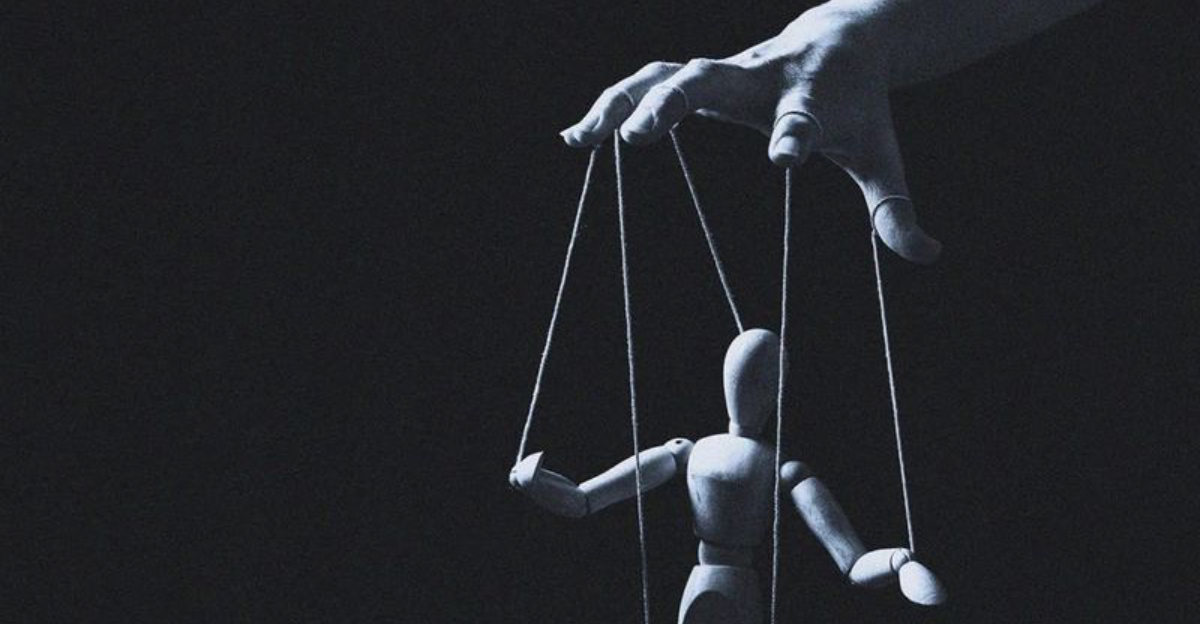15 Red Flags of Emotional Abuse in Relationships You Should Never Ignore
Emotional abuse is still abuse. It’s not always obvious. It’s not always loud. But it leaves real scars. It gaslights, guilt-trips, and slowly chips away at your sense of self until you’re left questioning everything.
But here’s the truth: Emotional abuse is real. It’s serious. And it’s never your fault. Recognizing the signs is the first step to breaking the cycle.
Watch for these 15 red flags of emotional abuse in relationships you should never ignore—because love should never hurt your spirit.
1. They make you feel like you’re “too sensitive” every time you express hurt.

Have you ever felt like you’re walking on eggshells every time you express even the slightest hurt? It’s like your emotions have to pass a test, and you’re always failing. When someone consistently tells you that you’re “too sensitive,” it’s not just a casual comment; it’s a way to undermine your feelings and make you doubt yourself.
This behavior shifts the blame to you, making you question your own reactions rather than addressing the real issue at hand. It’s a subtle way of saying your feelings are not valid, and it’s one of the many ways emotional abuse can manifest in a relationship.
2. They constantly criticize or “joke” at your expense.

Jokes are meant to be funny, but when the punchline is always you, it’s far from amusing. If you find yourself at the center of every sarcastic jab or critical remark disguised as humor, it’s a sign that something is off. This isn’t just harmless teasing; it’s a tactic to diminish your self-worth and confidence.
Over time, these “jokes” chip away at your sense of self, making you question your value and worth in the relationship. It’s a form of emotional abuse that’s wrapped in laughter but leaves scars that are anything but funny.
3. They gaslight you into doubting your memory, feelings, or reality.
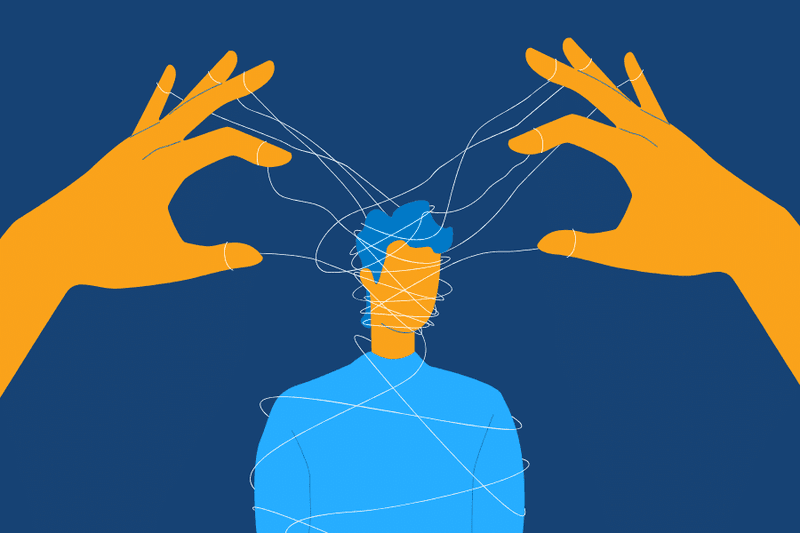
Gaslighting is a psychological tactic that leaves you questioning your reality. Imagine being told that events you clearly remember never happened, or that your feelings are invalid. It’s like living in a world where the ground beneath you is constantly shifting.
This isn’t just confusing; it’s disorienting, making you doubt your sanity and judgment. Over time, gaslighting erodes your confidence, leaving you reliant on the abuser for your sense of reality. It’s a powerful tool of control in the arsenal of emotional abuse, and recognizing it is the first step to reclaiming your truth.
4. They control who you talk to, where you go, or what you post.
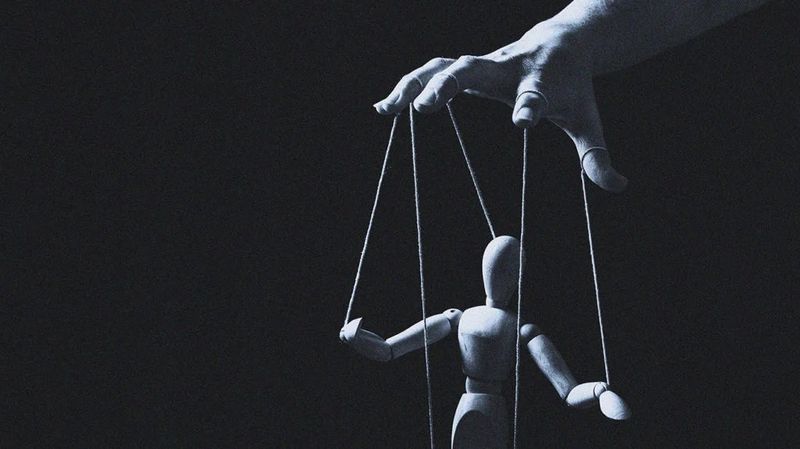
Does your partner seem to have an opinion on everyone you talk to or everything you do? When someone tries to control who you interact with, where you go, or what you share online, it’s not concern; it’s control. This behavior may be disguised as care, but it’s really about isolating you and exerting power over your life.
By limiting your connections with others, they keep you reliant on them, making it harder to seek help or gain perspective on the situation. It’s a classic sign of emotional abuse that should never be ignored.
5. They withhold affection, attention, or communication as punishment.

Silent treatment is more than just a means to cool off; it’s a weapon. If your partner withholds affection, attention, or communication whenever they’re upset, it’s a manipulative tactic that punishes you. This emotional withholding is designed to make you feel unworthy and desperate for their approval.
It’s a way to control your behavior by making you anxious and eager to please, hoping to regain their affection. Recognizing this as emotional abuse is crucial, as love should never be conditional on your ability to meet someone’s unspoken expectations.
6. You constantly walk on eggshells to avoid upsetting them.

Do you find yourself constantly second-guessing your words or actions, worrying about their reaction? This isn’t a sign of a healthy relationship. When you feel like you have to tiptoe around someone’s emotions, it’s an indication that fear has replaced love as the driving force in your relationship.
This behavior is not just exhausting; it’s emotionally draining and indicative of an abusive dynamic. You should never live in fear of inadvertently upsetting your partner. Relationships should be a safe space, not a minefield.
7. They twist your words and turn the blame back on you.
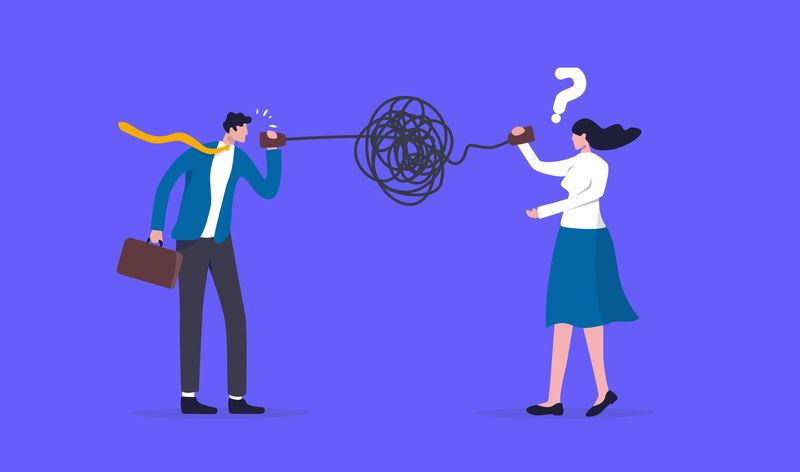
Ever feel like you’re in a verbal maze with no way out? When your words are constantly twisted and used against you, it’s a deliberate strategy to make you feel at fault. This technique of blame-shifting is a hallmark of emotional abuse, leaving you in a perpetual state of defense.
You begin to doubt your communication skills and, worse, your own memories. This tactic not only shifts focus from their behavior but also makes you feel like you’re always in the wrong. Recognizing this pattern is essential for breaking free from the cycle of emotional manipulation.
8. They isolate you from friends, family, or support systems.

Feeling cut off from your social circle? Isolation is a powerful tool in emotional abuse. When someone strives to separate you from friends and family, it’s not about love; it’s about control. By weakening your support network, they ensure you’re reliant on them.
It’s a tactic that makes it difficult to seek advice, validation, or escape from the abusive relationship. Over time, this isolation fosters dependency, making it harder to recognize the abuse or seek help. Rebuilding connections is vital, as it empowers you to regain control over your life.
9. They invade your privacy—then claim “you should have nothing to hide.”
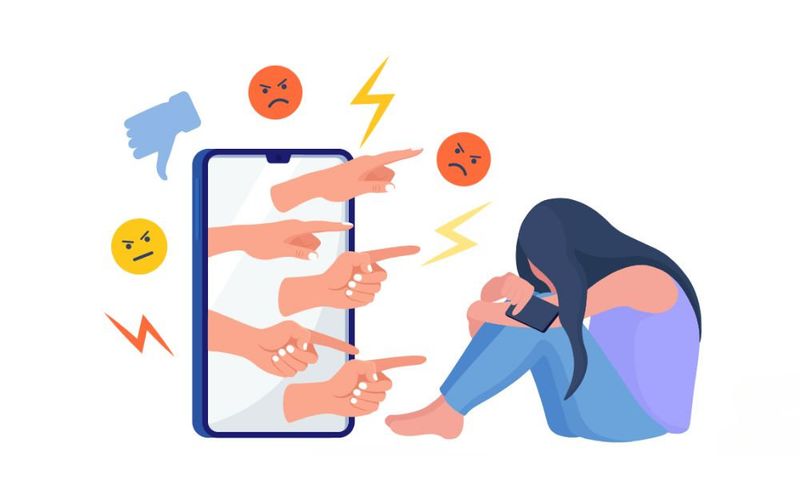
Privacy is a basic right, yet in an emotionally abusive relationship, it becomes a battleground. If your partner insists on having access to your personal devices, emails, or social media accounts, it’s not trust; it’s surveillance.
The excuse of “having nothing to hide” is a thinly veiled attempt to justify their control over your life. This invasion of privacy is a violation that erodes trust and autonomy. Recognizing this behavior as abusive is crucial, as trust should never be conditional on sacrificing your personal space.
10. They make you feel like you owe them—intimacy, forgiveness, time, money.

In a healthy relationship, love and support are freely given, not transactional. If you feel pressured to “repay” your partner in any form—whether it’s through intimacy, forgiveness, or financial means—it’s a sign of emotional abuse.
This behavior creates a dynamic of obligation, rather than partnership, leaving you feeling trapped in a cycle of debt and guilt. It’s a manipulative tactic that turns love into currency, making it feel conditional and coerced. Recognizing this pattern can help you reclaim your autonomy and redefine what love truly means.
11. They react explosively to minor issues—then blame you for “making them angry.”

Do minor disagreements lead to explosive reactions? When your partner overreacts to small issues and then blames you for their anger, it’s a red flag. This behavior is not just unsettling; it’s a form of emotional abuse that keeps you walking on eggshells.
It shifts the responsibility of their emotions onto you, making you feel guilty for their inability to manage their own feelings. Recognizing this blame-shifting behavior is crucial, as it’s rooted in control and manipulation, not love. No one should have to bear the burden of another’s unchecked anger.
12. They constantly compare you to others or make you feel not good enough.

Comparison can be a thief of joy, especially in relationships. If your partner frequently compares you to others, making you feel inadequate, it’s a sign of emotional abuse. This behavior erodes self-esteem, leaving you in a constant state of self-doubt and insecurity.
Instead of celebrating your unique qualities, they highlight perceived shortcomings, fostering a sense of competition and inadequacy. Recognizing this pattern is essential, as true love should enhance your self-worth, not diminish it. Everyone deserves to feel valued and appreciated for who they are.
13. They make you feel guilty for having boundaries.

Boundaries are essential in any relationship, yet emotional abusers often make you feel guilty for setting them. If saying “no” leads to arguments or accusations, it’s a clear sign of manipulation. Guilt-tripping tactic aims to dismantle your autonomy, making you feel selfish for prioritizing your needs.
Recognizing this behavior is crucial, as boundaries are not just healthy; they’re necessary for maintaining individuality and respect in a relationship. Everyone has the right to assert their limits without fear of retribution or guilt.
14. They say all the right things—but their actions tell a different story.

Words can be deceiving, especially when they don’t match actions. If your partner’s promises never seem to materialize, it’s a sign of emotional manipulation. Inconsistency creates a cycle of hope and disappointment, keeping you engaged in the relationship despite ongoing issues.
It’s a tactic that lures you in with sweet talk but leaves you unfulfilled. Recognizing this pattern helps you distinguish between genuine affection and empty promises. In a healthy relationship, actions should align with words, ensuring trust and reliability, not confusion and doubt.
15. You don’t feel like yourself anymore.
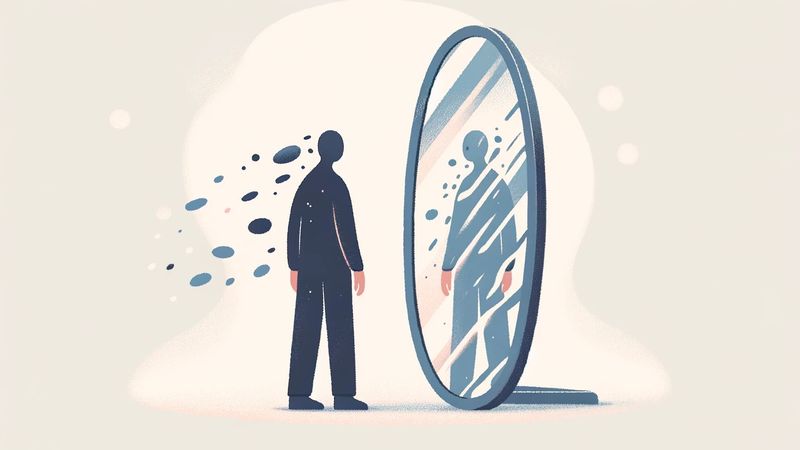
Have you lost sight of who you are? Emotional abuse has a way of eroding your identity, leaving you feeling like a shadow of your former self. If you no longer recognize the person staring back at you in the mirror, it’s a sign that the relationship is taking a toll.
This loss of self isn’t just disheartening; it’s a warning that you’re compromising your own happiness and well-being. Recognizing this transformation is crucial, as it’s a call to rediscover your true self and reclaim your life from the grips of emotional abuse.

